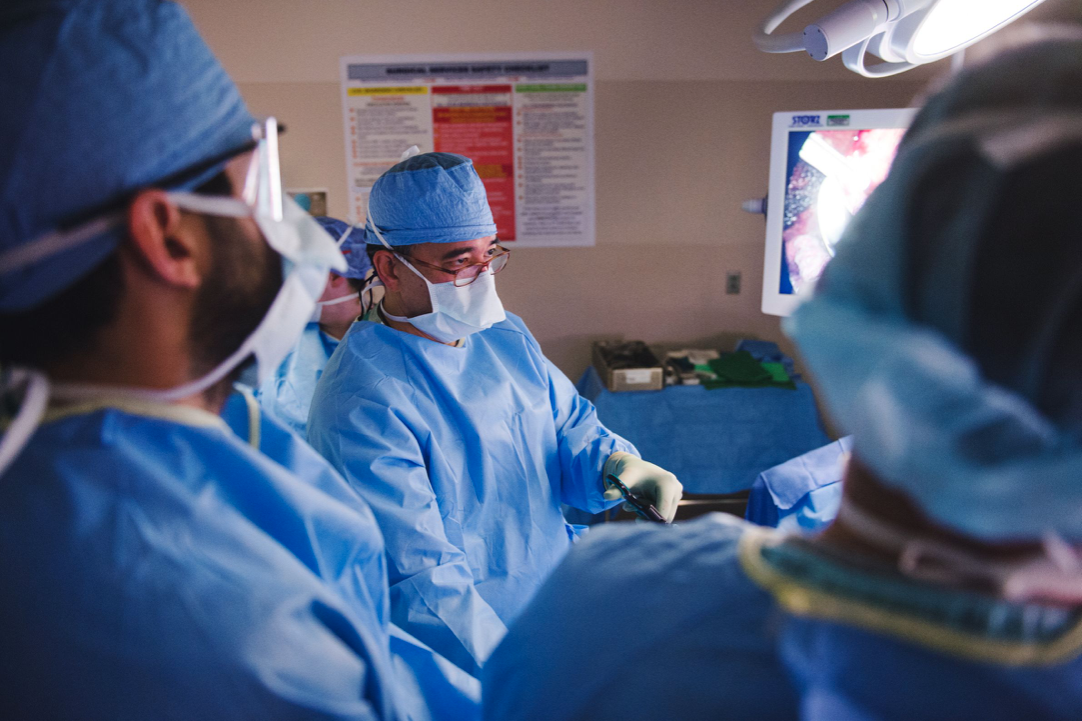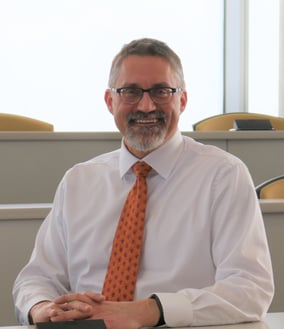Industry analysts say the market size of cannabinoid-based pharmaceuticals could generate up to $2 billion by the end of 2020 — and legal sales could earn up to $23 billion by 2025. The Colorado Medical Marijuana Registry reports that 6,694 patients received a physician certification for medical cannabis in the month of April alone, bringing the total number of medical cannabis users on the state’s registry to more than 80,000.
Medical cannabis is legalized in 33 states, four U.S. territories, and the District of Columbia. Fourteen other states have laws that limit tetrahydrocannabinol (THC) content, for the purpose of allowing access to products that are rich in cannabidiol (CBD). There are over 2 million medical cannabis patients in the U.S.
Laura Borgelt, PharmD and David Kroll, PhD
And yet, in a recent report, published by Mayo Clinic researchers, half of the health care professionals surveyed said that they were not prepared to answer patients’ questions about medical cannabis. And three-quarters expressed a desire to learn more.
It’s findings like these that led experts at the University of Colorado Skaggs School of Pharmacy and Pharmaceutical Sciences on the Anschutz Medical Campus to offer their first medical cannabis courses last spring. As opposed to promoting or demoting the use of medical cannabis, the 8-week Continuing Education (CE) Certificate in Medical Cannabis Education for Health Care Providers sought to provide a deep understanding of the role that medical cannabis may – or may not – have in patient care.
The response to the CE offering was so successful that the school is expanding its educational offerings to include advanced academic degrees in the field of Cannabis Science and Medicine (CSM). This move makes the School of Pharmacy the first in the state of Colorado, and one of only a handful nationwide, to offer graduate studies in medical cannabis.
The new programs include:
- Graduate Certificate in Cannabis Science and Medicine
- Master’s Degree in Pharmaceutical Sciences: Cannabis Science and Medicine Specialty Track
“The data indicated that there was a void in evidence-based cannabis education for medical professionals and scientists alike,” said Laura Borgelt, PharmD, Professor of Clinical Pharmacy and Family Medicine. “But it was the response to the 8-week CE certificate that we offered in the spring that really provided the feedback we needed. Across the board, participants told us that there just wasn’t anything else out there at this level of medicine and science. That’s when we knew we had to move forward in offering an advanced certificate and a degree in this emerging field.”
Because all Cannabis Medicine and Science courses will be taught online, participants across the nation and the globe can learn from the school’s international experts on the scientific investigation, quality assurance, and clinical evaluation of cannabis-based products.
“The huge variety of cannabis products at dispensaries – inhaled, edibles, concentrates, topicals – and the proliferation of hemp and CBD consumer products makes it difficult for clinicians to gauge whether a patient’s cannabis use is potentially useful or harmful, or simply a waste of money,” said David Kroll, PhD, Professor of Pharmacology. “These courses will help health care professionals ask the right questions of their patients and be able to give answers based on science and clinical research, not product marketing. These programs will also give scientists advanced training in applying the principles of pharmaceutical sciences to cannabis and other plant-based medicines.”
Borgelt added: “Although many states require a physician to certify a patient’s condition to purchase medical marijuana, the expansion of the so-called recreational cannabis market takes the practitioner out of the equation. Many of these consumers are still using the products for medical purposes and ask their healthcare providers questions about the benefits and risks of cannabis and how cannabis may interact with their other medications.”
Classes for both programs will begin in August.
“Schools of pharmacy have traditionally been where health care providers go to learn about medicines from plants,” Kroll said. “As our University of Colorado faculty have led research projects to investigate the medical use and risks of cannabis and products derived from the plant, we feel that reaching out to the practicing and scientific community to share our knowledge and expertise fulfills our national and global mission to improve patient care and build academic and industrial research capacity.”
Graduate Certificate: Cannabis Science and Medicine
This one-year, 9- to 12-credit hour graduate certificate program provides an in-depth understanding of the pharmacology and therapeutics of cannabis and is offered entirely via online instruction. Ideal candidates for this offering include healthcare professionals who want to gain specialized knowledge and skills to provide better patient care, as well as scientists who are interested in learning more about cannabis chemistry and its potential benefits and risks.
Master’s Degree in Pharmaceutical Sciences: Cannabis Science and Medicine Specialty Track
This 2-year master’s degree program provides half of its 30 credit hours on cannabis pharmacology and therapeutics, with core classes on pharmaceutical principles of drug action and safety. Ideal candidates hold a previous undergraduate degree in basic or health sciences and include scientists who seek a strong foundation in the pharmaceutical sciences to apply to the field of plant-based research and product development.
Learn more about the Cannabis Science and Medicine programs.




.png)
